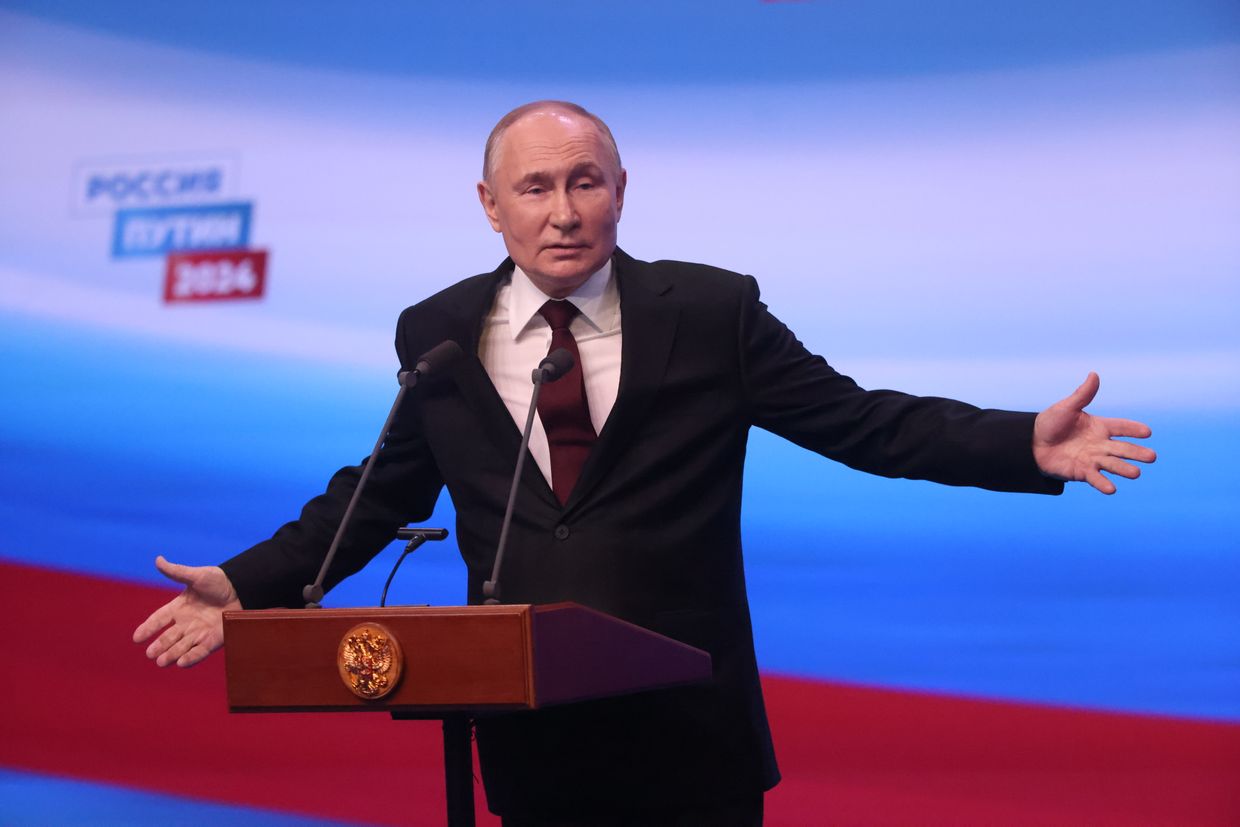Russia abandons modernization of power plants due to lack of money, equipment, media reports

The Russian government has allowed several companies to abandon the modernization of over a dozen power plants across the country due to a lack of funding and equipment, Russian news agency Interfax reported on Feb. 14, citing an order published on the governmental website the day prior.
Though Russian officials have largely dismissed the impact of Western sanctions imposed over the full-scale invasion of Ukraine, warning signs about the state of Russia's economy continue to mount coming into 2025.
Tatneft Thermal Power Plant in Nizhnekamensk was removed from the list of modernization projects, and its renovation was postponed until 2027. Avtozavodskaya and Quadra combined heat and power plants, located in Nizhny Novgorod and Voronezh oblasts, respectively, were also excluded.
Reasons for the decision included rising equipment prices, which would threaten the company's financial stability, and the recognition that the project was not profitable due to the cost of turbines, according to the document.
Russia's Territorial Generation Company No. 2 , which supplies Arkhangelsk, Vologda, Kostroma, Novgorod, and Yaroslavl oblasts, was allowed not to renovate its power plants in Kostroma and Yaroslavl due to financing difficulties.
The company originally planned to obtain funds for the projects from Russia's Alfa Bank but was unable to agree on loans, the news agency reported.
The Russian government approved the modernization project's abandonment of the Nevinnomysskaya Condensing Power Plant in Stavropol Krai, the cost of which had reportedky risen by 454%.
Russia's Siberian Generating Company was also relieved of requirements to modernize four power plants in Siberia. The company will have to pay about 2 billion rubles ($22 million) for the projects to be phased out.
The Second Generation Company of the Wholesale Electricity Market, owned by Russian energy giant Gazprom, was also released from its obligations to renovate its power plant in the city of Surgut due to a 16-month delay in equipment deliveries. Billionaire Viktor Vekselberg's T Plus was also allowed not to modernize the plants he owned in Izhevsk and Samara.
The combined effect of sanctions and inflation is beginning to threaten the Russian economy in various sectors, including automotive, aviation, and retail.
This development comes amid a growing push by U.S. President-elect Donald Trump to launch negotiations in Ukraine as soon as possible, though Moscow has shown little interest in peace talks.











